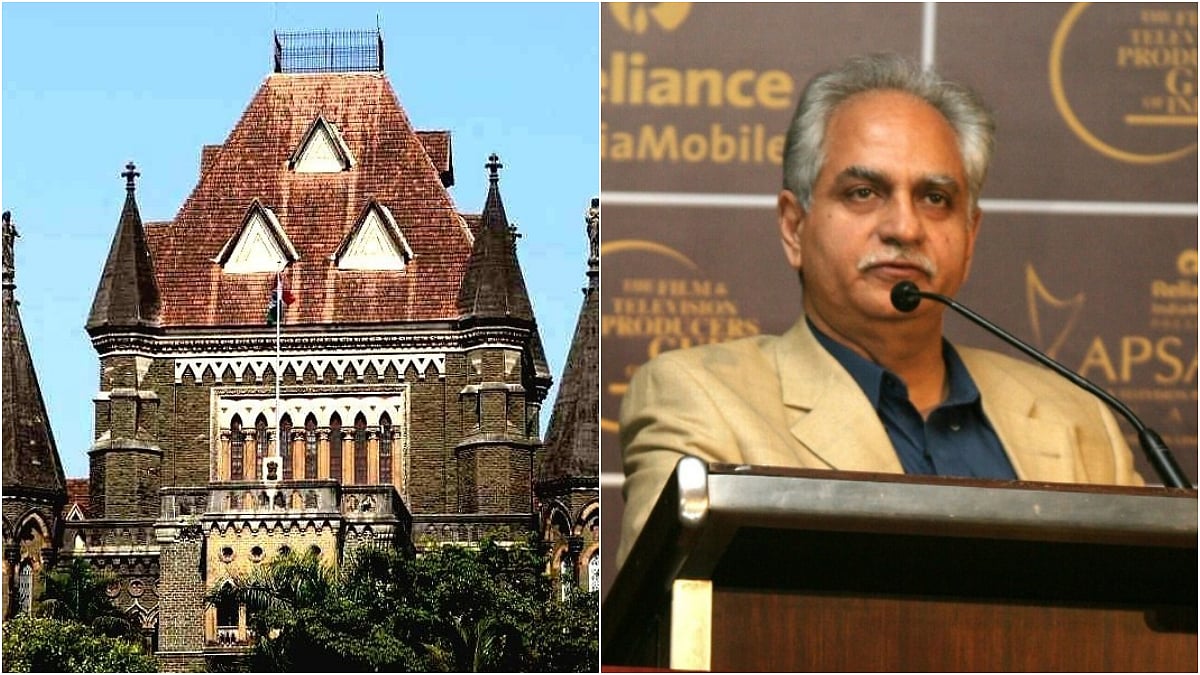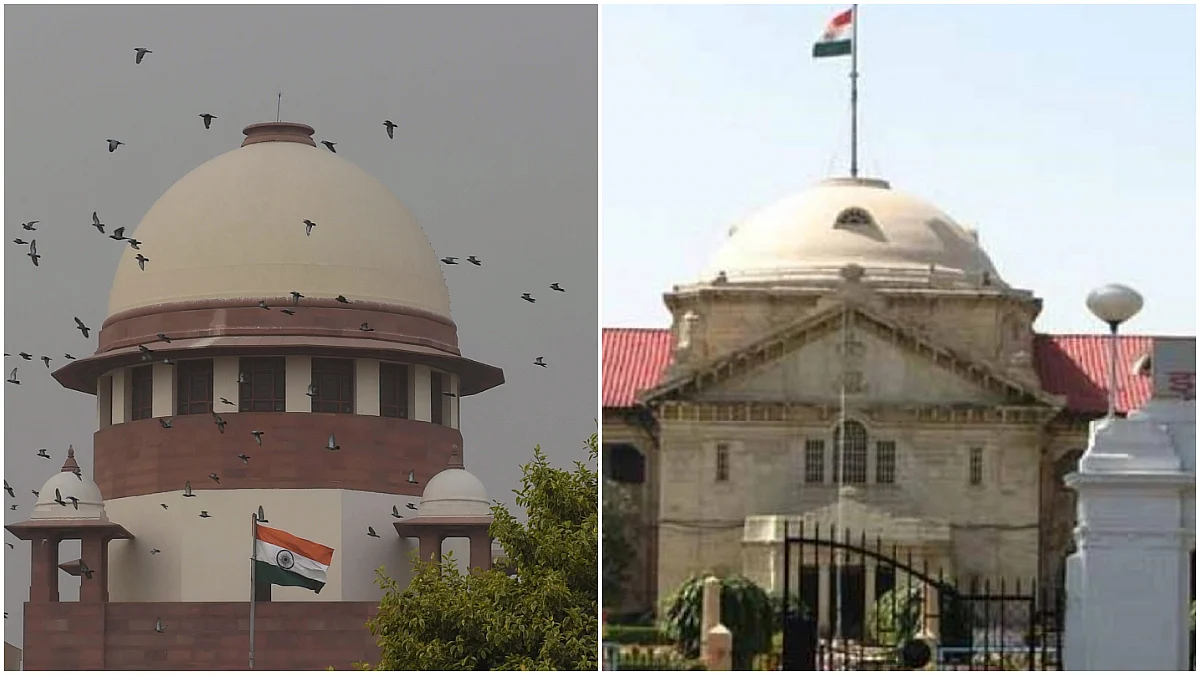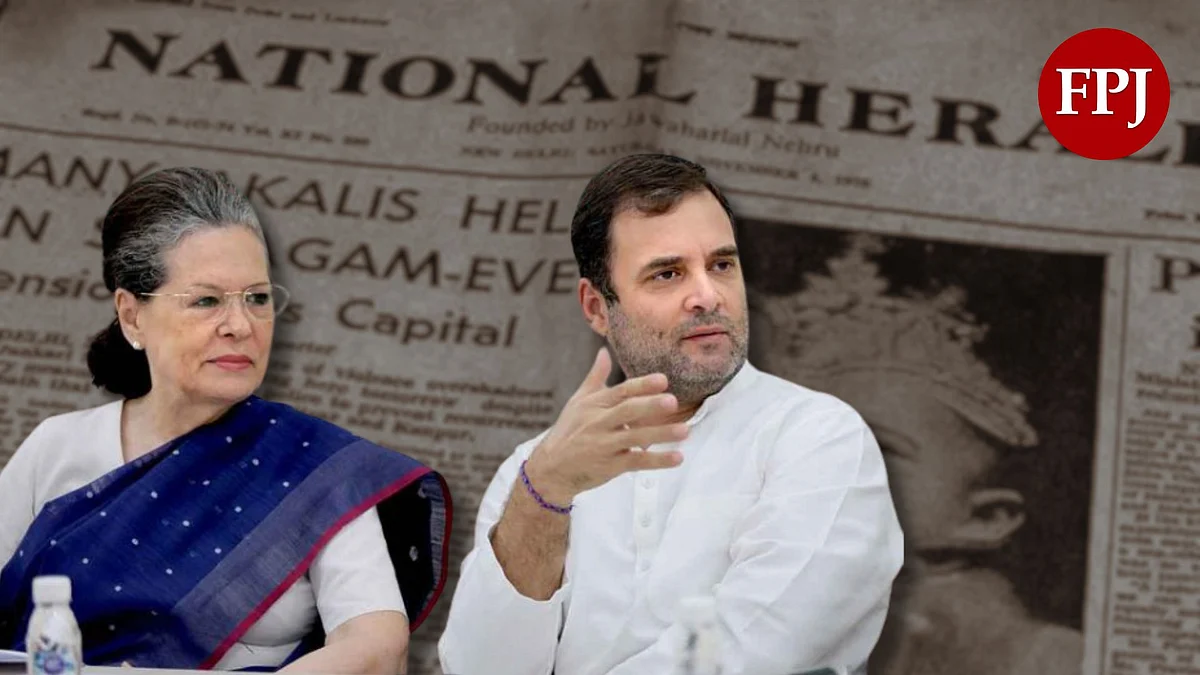It’s a small incident that was barely covered in the media. But it is a very revealing incident that tells you why identity issues are in the political forefront these days.
Last Friday, a day when parliamentary time is kept aside for Private Members’ Bills, the Rajya Sabha listed a Bill to be moved by BJP member Kirori Lal Meena, entitled The Uniform Civil Code in India Bill 2020.
The Bill called for the “constitution of the National Inspection and Investigation Committee for preparation of Uniform Civil Code and its implementation throughout the territory of India and for matters connected there with or incidental thereto.” In plain language, the Bill sought to constitute a committee that would draft an actual Uniform Civil Code, applicable to all citizens of India, as a precursor to its acceptance by Parliament.
This Bill, therefore, sought to make the UCC more than just a mere idea and actually formulate concrete proposals on subjects such as marriage, divorce and inheritance that would form the basis of a secular discussion on personal laws. In short, it tried to take the discussion of personal laws outside denominational personal laws that are in vogue now.
The Bill, unfortunately, lapsed since its mover was not present in the Rajya Sabha that afternoon. That is besides the point. What is more significant is that a CPI(M) member wrote to the Chairman of the Rajya Sabha to stop the Bill from being discussed. According to a letter written by Elamaram Kareem, a CPI(M) member from Kerala, “This Bill violates the fundamental aspects of the Constitution and there is a chance to affect the communal harmony of the country. As you may be aware of the protests going on in different parts of the country against Citizenship (Amendment) Act; introduction of this Bill in the current circumstances will further aggravate the situation. Considering all these, you are earnestly requested not to allow permission to introduce the The Uniform Civil Code in India Bill 2020…”
Kareem’s letter is revealing in two respects.
First, he has suggested that any discussion on the subject is violative of the Constitution. This comes at a time when the anti-CAA protests, in which the CPI(M) has assumed a significant role — at least in intellectual circles — have made the defence of the Constitution a major feature. Yet, it has chosen to debunk a specific feature of the Directive Principles that calls upon subsequent governments to formulate a UCC. True, the Constitution-makers did not specify any time when a UCC should be on the statute books. However, they legitimised the idea. Today, the CPI(M) describes any discussion on the subject as provocative and violative of the Constitution.
This prompts the inevitable conclusion that the Constitution is an expedient device of politicians to veto anything they don’t approve of. They organise mass recitations of the Preamble, as modified in 1976, but they are unwilling to look at the Constitution in totality. What comes through is their conviction that the provision on UCC in the Directive Principles is actually violative of the Constitution. If that is their belief, it should be stated explicitly.
Secondly, any discussion on the UCC is as yet totally theoretical. There is the idea that Indian personal laws should be one, rather than faith specific. However, the debate suffers from an absence of specifics. What will be the clauses that determine divorce? Will gender equity be a feature of the UCC? How are customary laws to be accommodated within the UCC? These are legitimate queries whose answers will go a very long way to disabuse fears of the UCC in some communities. Yet, how can the discussions proceed if the exercise of drafting a UCC is deemed illegitimate? In the past, Supreme Court judgments have pressed governments to urgently consider a UCC. This is now being resolutely opposed for the flimsiest of reasons.
For a very long time, any progress towards a UCC was stalled by the assertion that the demand for uniform laws must come from within the minority communities. In effect, the Muslim community, which was vehemently opposed to any UCC since it was deemed to be against their faith, was given a political veto. This veto was additionally based on not knowing what a UCC would look like. Thus, the first attempt a backbench MP makes to introduce some clarity into the debate is met by the assertion that it is violative of the Constitution. This implies that ‘secular’ forces would like this Muslim veto to continue in perpetuity. Additionally, they would like no debate on the subject to proceed.
For the past two months, the government has been pilloried for its insufficient faith in secularism. However, when it comes to the crunch and the details of a secular legislation is being debated — and only to press for a committee-made draft — the secularists have bared their fangs. Is it any wonder that large numbers of people in contemporary India believe that what passes off as secularism in India is religious vote bank politics?
What did and did not transpire in the Rajya Sabha last week will barely merit a footnote in the future. That may be so but it joins the list of double standards that has given secularism a bad name in India.
The government should not be deterred by the fact that a Private Member’s Bill has lapsed. It should suo moto delegate the drafting of a UCC to the Law Commission.
The writer is a senior journalist and Member of Parliament, being a presidential nominee to the Rajya Sabha.










